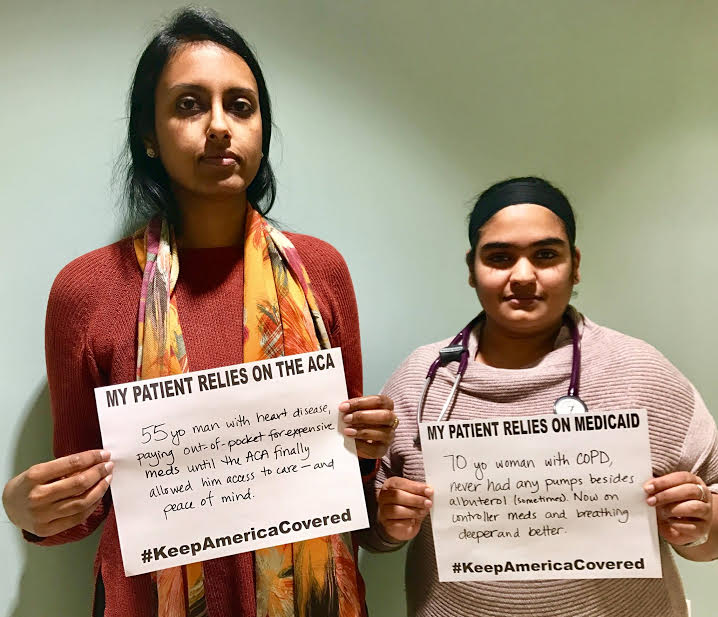Going Through the Grits
Scott Newport
It was another day at a renovation project on the fourth floor of an office building. Glancing at my iPhone, I noticed that my buddy Dave had called a couple of times. Now, coming down a stepladder for what seemed like the hundredth time, I saw his name pop up again. This time I set down my hammer and found a quiet place.
“Hey Scott, ol’ buddy, I got a request,” Dave said. “Last week at hunting camp, a friend of mine was impressed with my restored knife. As we were sitting around the campfire, I told him that you’re kind of a blacksmith, and that you refurbish knives. I wonder if you could fix up his, too. He lent it to me, and I want to return it to him as a Christmas present.”
After work, I picked up the knife from Dave and headed home. There I walked into my workshop, a few yards from my house, set the knife on my bench, then went up to the house.
Going Through the Grits Read More »



